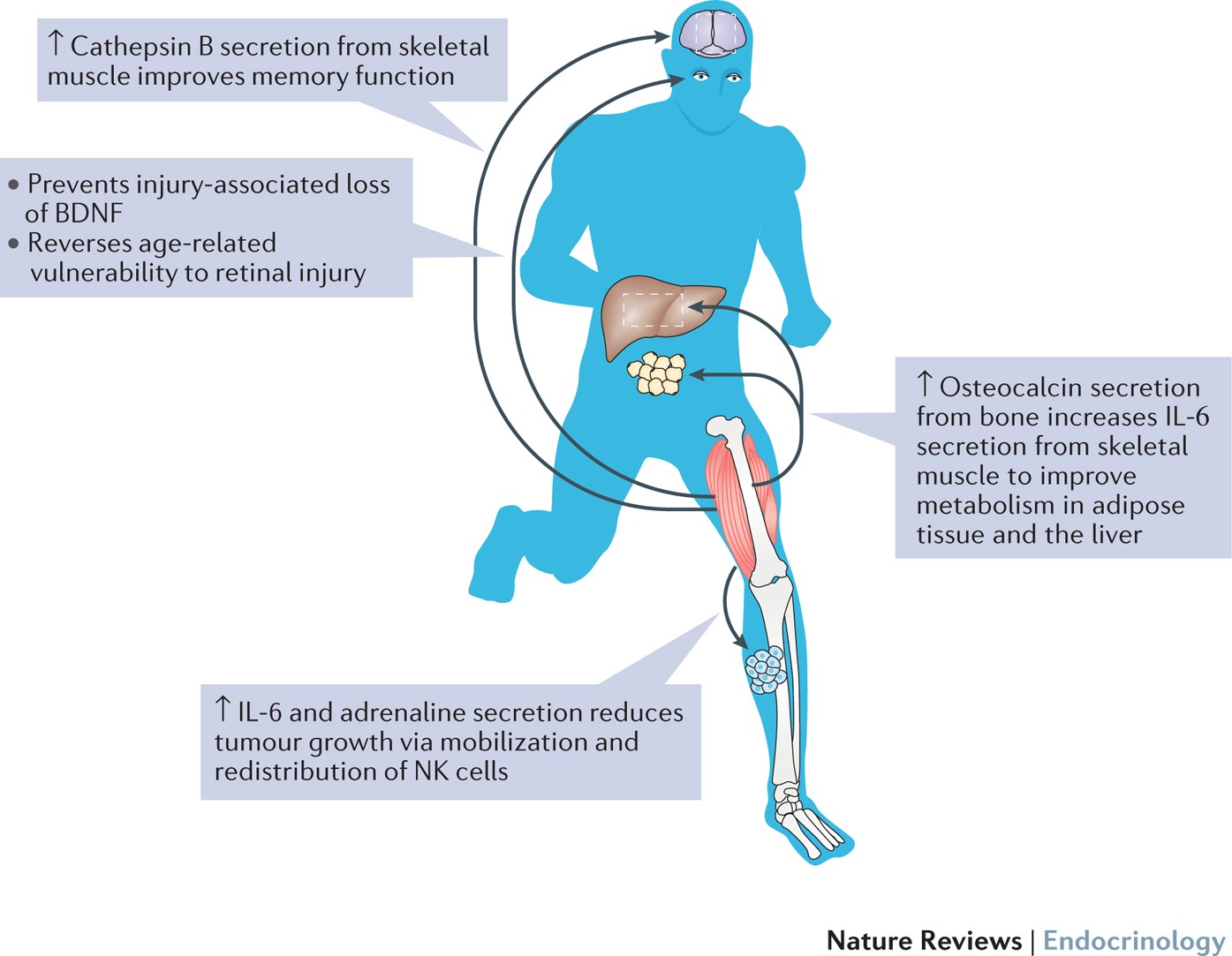Health Benefits of Exercise
Regular exercise has numerous health benefits that can significantly improve your overall well-being. In this article, we will explore the various advantages of exercising and how it can positively impact your physical and mental health.
Physical Benefits
Exercise plays a crucial role in maintaining a healthy body and preventing various diseases. Here are some of the key physical benefits of regular exercise:
Weight Management
Engaging in physical activities helps burn calories and maintain a healthy weight. By incorporating exercise into your daily routine, you can effectively manage your weight and reduce the risk of obesity.
Stronger Muscles and Bones
Exercise, especially strength training, promotes muscle development and strengthens bones. Regular workouts can help prevent age-related muscle loss and maintain bone density, reducing the risk of conditions like osteoporosis.
Improved Cardiovascular Health
Engaging in aerobic exercises, such as running, swimming, or cycling, improves cardiovascular health. It enhances heart and lung function, lowers blood pressure, and reduces the risk of heart diseases like coronary artery disease.
Enhanced Flexibility and Balance
Activities like yoga and Pilates improve flexibility and balance, reducing the risk of falls and injuries. Regular stretching exercises can also alleviate muscle stiffness and improve overall mobility.
Increased Energy Levels
Exercise boosts energy levels by improving blood circulation and delivering oxygen and nutrients to the body’s tissues. Regular physical activity can help combat fatigue and increase overall productivity.
Mental Health Benefits
Exercise not only benefits your physical health but also has a positive impact on your mental well-being. Here are some of the mental health benefits of regular exercise:
Reduced Stress and Anxiety
Physical activity stimulates the production of endorphins, which are natural mood elevators. Regular exercise can help reduce stress, anxiety, and symptoms of depression, promoting a more positive mental state.
Improved Sleep Quality
Regular exercise can improve sleep quality and duration. It helps regulate sleep patterns, making it easier to fall asleep and promoting a deeper, more restful sleep.
Enhanced Cognitive Function
Exercise has been linked to improved cognitive function and memory. It increases blood flow to the brain, stimulates the growth of new brain cells, and enhances overall brain health.
Boosted Self-Esteem and Confidence
Engaging in regular exercise can boost self-esteem and confidence. Achieving fitness goals and experiencing physical improvements can enhance body image and improve overall self-perception.
Increased Happiness and Well-being
Exercise triggers the release of endorphins, often referred to as “feel-good” hormones. These chemicals promote feelings of happiness, contentment, and overall well-being.

Incorporating regular exercise into your lifestyle can have a profound impact on both your physical and mental health. From weight management to improved cardiovascular health and enhanced mental well-being, the benefits of exercise are undeniable. Start incorporating physical activities into your routine today and experience the positive changes it can bring to your life.
Frequently Asked Questions – Health Benefits of Exercise
1. Why is exercise important for our health?
Regular exercise is crucial for maintaining overall health as it strengthens muscles, improves cardiovascular health, boosts the immune system, and enhances mental well-being.
2. How much exercise should I aim for each week?
The American Heart Association recommends at least 150 minutes of moderate-intensity aerobic activity or 75 minutes of vigorous-intensity aerobic activity per week, along with muscle-strengthening activities at least two days a week.
3. What are the mental health benefits of exercise?
Exercise releases endorphins, which are natural mood boosters. It can reduce symptoms of stress, anxiety, and depression, and improve overall mental clarity and focus.
4. Can exercise help with weight management?
Absolutely! Regular exercise increases metabolism, burns calories, and helps maintain a healthy weight. Combining exercise with a balanced diet is essential for effective weight management.
5. How does exercise improve cardiovascular health?
Exercise strengthens the heart muscle, improves circulation, lowers blood pressure, and increases HDL (good) cholesterol levels. It reduces the risk of heart disease, stroke, and other cardiovascular conditions.
6. What are the benefits of strength training?
Strength training exercises, such as weightlifting, promote muscle growth, increase bone density, improve joint flexibility, and enhance overall strength and balance.
7. Can exercise help prevent chronic diseases?
Regular physical activity can lower the risk of developing chronic conditions like type 2 diabetes, certain cancers, osteoporosis, and metabolic syndrome.
8. How does exercise boost the immune system?
Moderate-intensity exercise increases the production of antibodies and white blood cells, strengthening the immune system and reducing the risk of common illnesses like colds and flu.
9. What are the benefits of exercise for older adults?
Exercise helps maintain muscle mass, bone density, and joint flexibility in older adults. It reduces the risk of falls, improves cognitive function, and enhances overall quality of life.
10. Can exercise improve sleep quality?
Regular physical activity promotes better sleep by reducing stress, increasing relaxation, and regulating sleep patterns. It can help individuals fall asleep faster and enjoy deeper, more restorative sleep.




